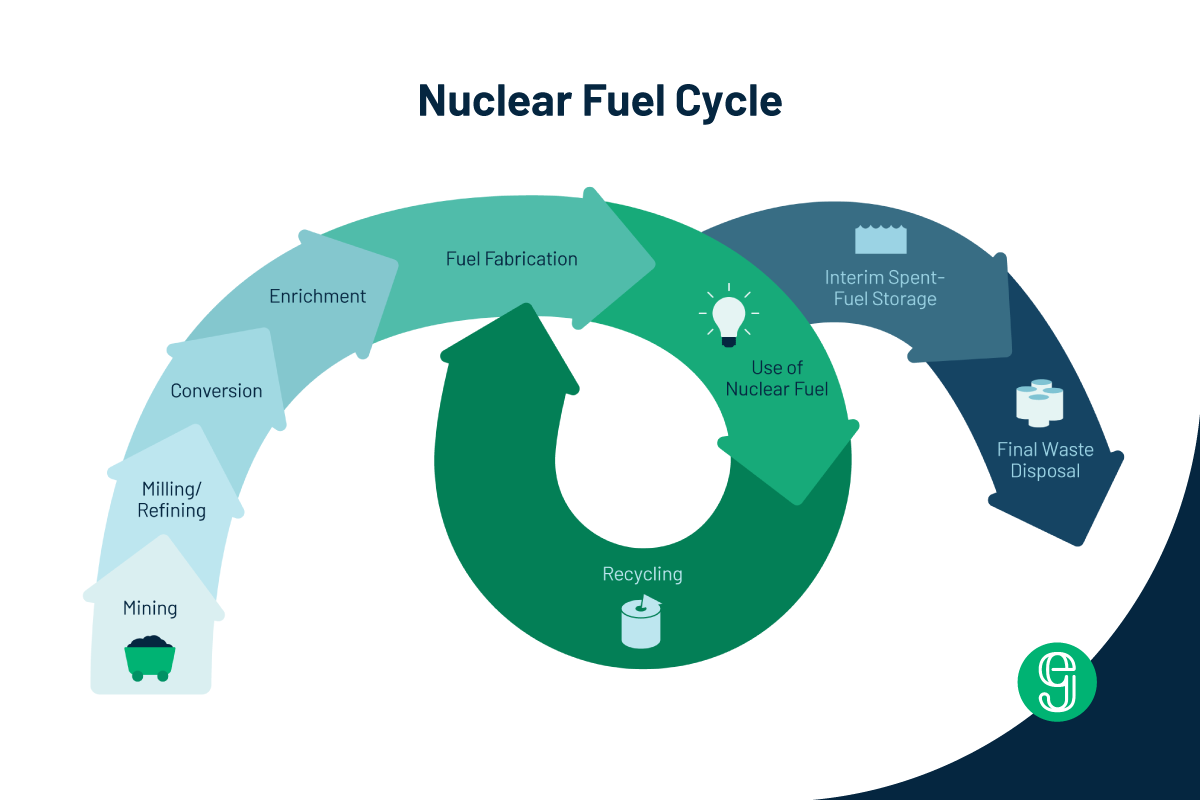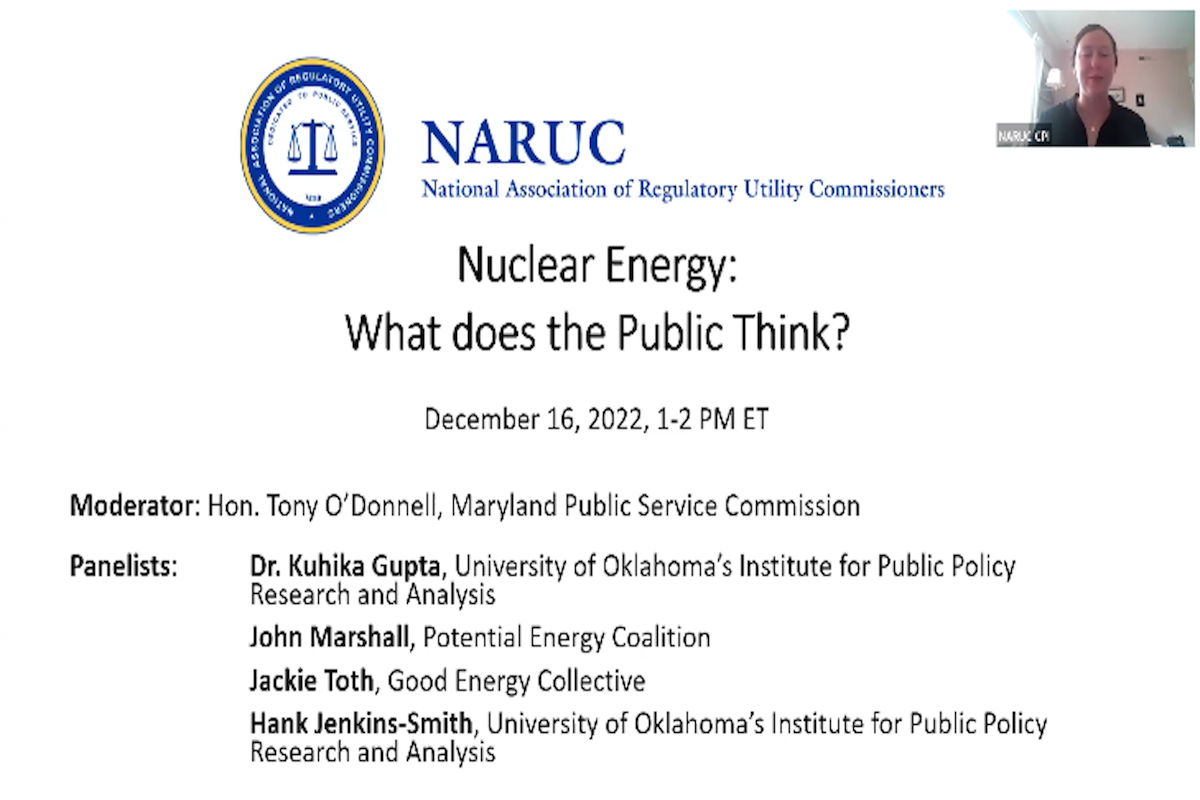Here’s what an incoming administration can do to kick things off

Photo by Michael Daniels on Unsplash
The nuclear energy sector has long been dominated by some of the greatest technical minds in the fields of physics and engineering. However, over the decades there has been remarkably limited crossover with the social sciences, including Anthropology, Economics, Geography, History, Law, Politics, Communications, Design, Psychology, Sociology and Science and Technology Studies. Here are some steps the incoming administration can take to better incorporate key insights from these essential epistemologies.
Personnel is policy, and in order to prepare for nuclear energy to play a significant role in the clean energy transition, the administration should choose leaders with a proven commitment to working across disciplines and worldviews. Vetting for key nuclear energy positions within the administration should include questions on how they would leverage expertise in the social sciences in their leadership approach.
The next Assistant Secretary for the Office of Nuclear Energy should put together an interdisciplinary team tasked with directly funding social science research to help guide the office's planning, decision-making, and funding strategies--and whenever possible the research should be published in order to provide a new shared knowledge base for the broader nuclear sector.
While significant resources are allocated by the Office of Nuclear Energy to support the development of the nuclear engineering workforce, almost no investment has been made to foster essential expertise in the social and behavioral sciences. The administration should double the budget for the Nuclear Energy University Programs (NEUP) and expand its scope to support students in the social sciences, with an emphasis on the intersection with nuclear energy. This rapid expansion of the workforce pipeline could be achieved by funding interdisciplinary academic consortia which could be co-located with existing nuclear engineering departments to encourage early collaboration and relationship building across disciplines.
Finally, special consideration should be paid to social and environmental justice as essential issues deserving both more research and rapid integration into the U.S.'s nuclear energy strategy. This will require many tools, including a deep dive into the history of the sector, mapping of where inequalities still exist, and thoughtfully creating new frameworks that leverage distributive, procedural, and restorative justice efforts moving forward.
The energy transition will require all hands on deck. This means leveraging expertise across disciplines to allow for the rapid adoption of clean energy technologies, including advanced nuclear energy. The incoming administration has the opportunity to set a new, more holistic course for technology innovation and deployment that will allow the US and world to more quickly meet our climate goals.















































.png)























.png)






%252520(1200%252520%2525C3%252597%252520800%252520px).png)







